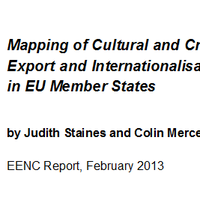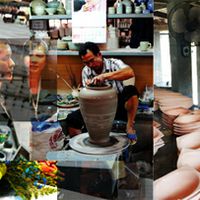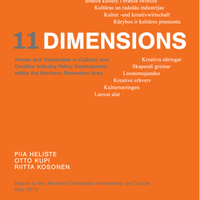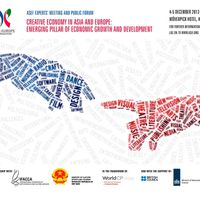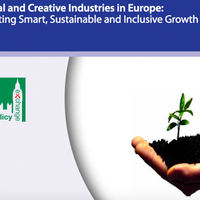Cambodia's key policies for the creative industries

This interview in the ASEAN magazine with Phoeurng Sackona (Minister of Culture and Fine Arts in Cambodia) explores Cambodia's key policies and programmes to develop and support its creative industries. It also digs into how ASEAN can position itself collectively as an important driver in advancing the creative economy.
As Minister Phoeurng explains:
One of the Kingdom’s main culture policies is to promote and foster a culture-based creative economy. Cultural and creative industries, the core of the creative economy, have started to thrive and contribute quite significantly to the people’s economic development and livelihood—made possible with Cambodia’s newly-won political and economic stability and peace. An enabling environment for the growth of the industries has been created by adopting a number of national and international legal frameworks and enhancing inter-ministerial collaboration and public-private partnerships. The National Policy on Culture, a significant cultural policy document, was approved by the RGC in 2014. This important document serves as a culture and development roadmap, articulating the links between culture and development by integrating aspects such as education, environment, science, media, and health.
Although Cambodia has achieved significant steps in promoting and fostering the creative economy, especially the culture- based creative industries, a number of key areas need to be addressed or reinforced. These include primarily the following: (i) access to technological infrastructure in provinces or places outside of the urban area, (ii) inclusion of youth through innovation and arts education, (iii) information sharing about the creative economy, especially for local enterprises, (iv) cultural funding from the governance system to support creativity and the export of cultural products, (v) social protection scheme for independent artists, freelancers and creative entrepreneurs, (vi) tax incentives for economic recovery in the culture sector, as frequently offered in other sectors like agriculture, tourism, or export industries, (vii) technological skill to allow secure and reliable development of the Cambodian cultural and creative industries, and (viii) market creation for both local and international, to name a few.
Similar content
posted on
18 Jun 2012
posted on
23 Sep 2015
04 Feb 2015 - 06 Feb 2015
posted on
27 Nov 2013
from - to
21 Jan 2016 - 21 Jan 2016

